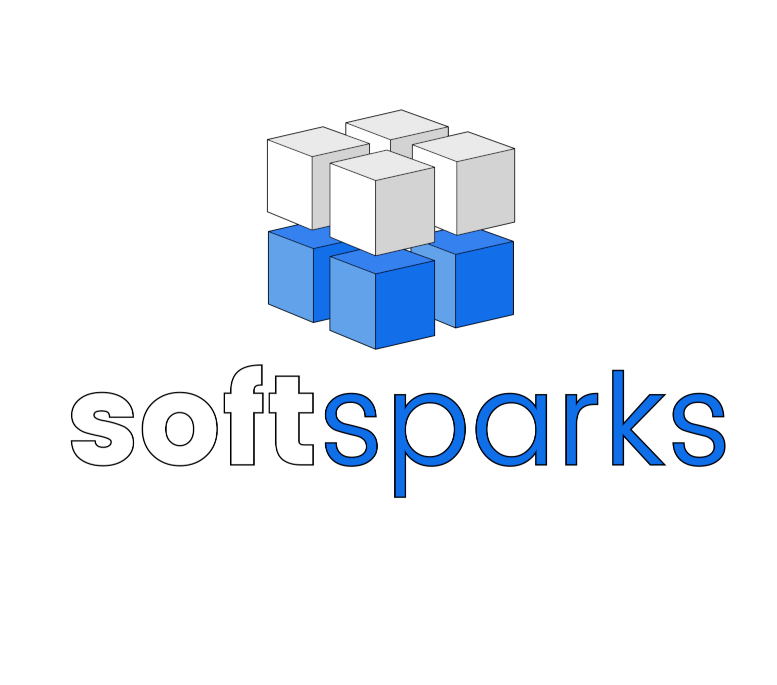Table of contents
Are you facing important decisions and wondering how to make informed choices? Are you looking for deeper insights to answer complex questions? In a world that is constantly evolving, Artificial Intelligence (AI) offers exciting opportunities to act as an advisor and philosopher. But how can you use AI effectively to improve your decision making and gain new perspectives? At the same time, you should be aware of the pitfalls so that you don't blindly trust the advice of AI. In this article, you will find out how you can use AI as an advisor and philosopher and what challenges you should be aware of.
The role of AI as an advisor
AI can analyze large amounts of data and recognize patterns that are difficult for human consultants to identify.
You may have experienced it before: you are faced with a decision based on a lot of information and you find it difficult to keep track of it all. This is where AI comes into play. Artificial intelligence can analyze huge amounts of data in a very short time and recognize patterns that are difficult for human advisors to identify. This ability allows you to make informed decisions based on a comprehensive analysis of trends and correlations. Whether it's optimizing your investments or planning your healthcare, AI can help you filter out and understand the crucial information.
You can use AI to receive personalized recommendations based on your individual needs and preferences.
One of the great strengths of AI is its ability to make personalized recommendations. By AI systems with information about your individual needs and preferences, you can receive customized advice that is tailored to you. This can be useful in many areas, from choosing products and services to planning your leisure activities. The personalized recommendations you receive from AI are based on algorithms that learn and adapt to give you the best suggestions. So you can be sure that the recommendations you receive really suit you.
One example of this is the use of AI-supported financial advisors to help you optimize your investments.
A concrete example of the use of AI as an advisor is the use of AI-supported financial advisors. These systems analyze market data, trends and your personal financial information to give you recommendations that help you optimize your investments. You can use AI to diversify your portfolio, minimize risk and maximize returns. The personalized analysis that AI offers allows you to make informed decisions based on a comprehensive database. So you can be sure that your investments are built on a solid foundation.
AI can also be used in health advice to give you personalized health advice.
AI can be a valuable support in health advice. By analyzing your health data, including your medical history, lifestyle habits and genetic information, AI can provide personalized health advice. This advice can help you improve your health, prevent disease and optimize treatment plans. AI can also recognize warning signs that indicate potential health problems and give you recommendations on how to address them. This allows you to act proactively and keep an eye on your health.
AI as a philosopher - gaining deep insights
AI can analyze philosophical texts and help you better understand complex theories.

If you are involved in philosophy, you are certainly familiar with the feeling that some texts are difficult to access and contain complex theories that are hard to penetrate. This is where AI can be a valuable help. AI systems are able to quickly analyze large amounts of philosophical texts and work out the central themes and arguments. They can provide you with summaries and explanations that help you to better understand the basic concepts. By using AI to unlock these texts, you can deepen your understanding and gain new insights that you might otherwise have missed.
You can use AI to discuss philosophical questions and gain new perspectives.
Philosophical questions are often complex and multi-layered, and it can be helpful to look at them from different angles. AI can help you do this by acting as a discussion partner. You can discuss philosophical topics with AI systems and ask them for their views and arguments. This interaction can open up new perspectives and encourage you to question and rethink your own views. Although AI has no beliefs of its own, it can draw on a wealth of information and arguments to help you explore philosophical issues.
Some AI systems are designed to analyze moral dilemmas and help you make decisions.
When you are faced with moral dilemmas, it can be difficult to make the right decision. Some AI systems are specifically designed to analyze such dilemmas and help you make the right decision. These systems can apply ethical theories and principles to evaluate the different aspects of a dilemma and show you possible solutions. Although the final decision is yours, the support of AI can help you to better understand and weigh up the consequences of your decisions. This allows you to make informed decisions that are in line with your moral convictions.
Interacting with AI can help you to question and deepen your own beliefs and values.
Engaging with AI can be an introspective experience that helps you reflect on your own beliefs and values. By interacting with AI systems, you may be confronted with views that challenge your own beliefs. This confrontation may lead you to rethink your beliefs and either confirm or adjust them. Interacting with AI can also lead you to deepen your values by supplementing them with new insights and perspectives. Thus, using AI as a philosopher can help you develop a deeper understanding of yourself and the world around you.
CAUTION: AI is biased
AI systems are not free from bias, as they are trained on data that may reflect human biases.
You should bear in mind that AI systems are not objective by nature. They are trained on large amounts of data, which often come from the real world and can therefore also contain human prejudices and discrimination. If this data is not carefully selected and cleansed, the AI can reproduce or even reinforce these biases. This means that the decisions and recommendations made by an AI may not be fair or unbiased. It is important to be aware of this fact and to critically scrutinize the results of the AI.
It is important to scrutinize the AI's sources and training data to ensure that the advice is not biased.
To ensure the reliability and fairness of AI results, it is crucial to check the AI's sources and training data. You should ask yourself where the data used by the AI comes from and whether it is representative of the population to which the AI is applied. It is also important to know whether the data is up to date and free from obvious bias. Some AI systems provide transparency reports or datasheets that contain information about the data used and the bias reduction methods. This information can help you to better assess the trustworthiness of the AI.
You should always critically scrutinize the results provided by the AI and not blindly trust them.
Although AI systems can be powerful and useful, their results should not be considered infallible. It is important to critically evaluate the results provided by the AI and compare them with other sources of information. Ask yourself whether the results are logical and plausible and whether they correspond to your own experiences and beliefs. If you have any doubts, do not hesitate to do further research or seek expert advice. A healthy dose of skepticism can help you avoid the potential pitfalls of AI and make informed decisions.
A conscious approach to AI means recognizing its limitations and using it as a tool that complements human insight and intuition.
AI is a powerful tool, but it also has its limits. A conscious approach to AI means knowing its strengths and weaknesses and using it as a complement to human intuition and insight. You should not see AI as a replacement for human judgment, but as a support that helps you analyze complex data and gain new perspectives. By combining AI with your own experience and knowledge, you can get the best of both worlds and make better decisions.
